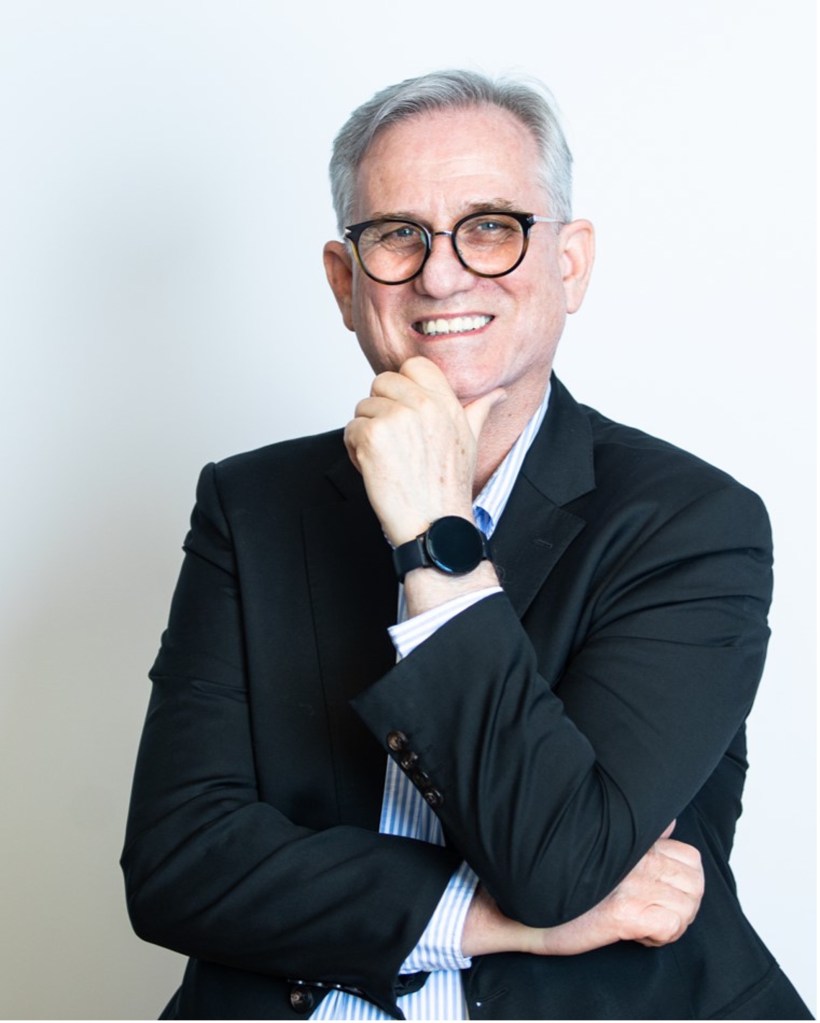Networking an Increasingly Powerful Tool in the Digital Age, Says Executive Search & Coaching Leader Steve McKinney
BRANDVOICE – SPECIAL FEATURE

Executive Search & Coaching Leader Steve McKinney
Networking has always been an important aspect of career growth in virtually every industry or level of experience. It allows professionals to build mutually beneficial relationships with peers or potential business partners. Aside from opening up avenues, such as job and business opportunities, genuine networking also creates an atmosphere of trust and support, resulting in better professional relationships and sharing of knowledge within the industry.
Previously, networking was done mostly in person, in industry events such as conferences, awards nights, and dedicated networking events. However, the advent of the digital age enabled long-distance business transforming how people worked. The COVID pandemic further hastened this transformation, resulting in a working environment today that is vastly different from just a few years ago.
In today’s digital and remote work age, some people believe that networking is no longer as important, maybe finding the process of having to “sell” themselves awkward or having to meet up with other people an unnecessary chore. However, Steve McKinney, founder and president of Seoul-based executive search and coaching firm McKinney Consulting, disagrees. In fact, he believes that networking is becoming more and more important in today’s digital age. Networking has evolved with the times, with social media platforms such as LinkedIn acting as a digital venue for networking, expanding professionals’ reach beyond their immediate localities.
“It’s a fact that most people you work with now are checking you out online,” McKinney says. “So, you need to present yourself well online. If they can’t find your online presence, people might have a hard time trusting you or relating with you, making it harder to get hired or to close a business deal. Meanwhile, making a bad impression of yourself online can have a huge negative impact on your reputation, and a bad reputation spreads even faster today, due to the internet.”
McKinney says that the changes in how people work have also changed how executive search and hiring is done. Prior to COVID, it was common practice for executive search candidates to fly in for an interview. Today, this is much rarer, and most interviews, especially in the initial phases, are conducted online. This makes it convenient for all parties, as well as reduces travel costs. The internet has also made it easier to make introductions between executives, with LinkedIn profiles functioning as an organized way to list their experience, achievements, and showcase their published work.
Prior to founding executive search, human resources, and coaching consultancy McKinney Consulting in 2001, McKinney held senior leadership positions at several athletic apparel companies in the world, including global head of footwear product development and testing. Throughout the course of his career, networking has also resulted in McKinney being invited to become a board member at several organizations.
Today, McKinney is the Korean representative of Kestria, the world’s largest executive search alliance with members in more than 40 countries. He advises professionals to seek out their industry’s professional body, as this is a good place to start networking.
According to McKinney, he is currently leveraging his network, both in-person and online, to spread the word on new coaching initiatives that his company is launching, such as the Success Factors program, which enables participants to identify their various qualities and factors that can help them succeed.
McKinney says that, with social media opening so many avenues for networking, it’s important that professionals pick the one that’s most suitable for their goals. Some of these avenues may be for driving sales, while others are for building a community. Being able to differentiate between them and tailor an effective strategy for each is a vital skill in today’s digital age, and he adds that there are many business or professional coaching programs that include lessons on how to harness social media to boost one’s network.
With regard to growing visibility on social networks such as LinkedIn, McKinney says that just producing good content is not enough. Social media algorithms reward consistency, so being able to come up with good content on a consistent and regular schedule is likely to bring more attention to a professional online, allowing them to gain more followers and expand their network.
“While networking may be a daunting task for many people, it is necessary for professional and career growth in just about any sector one can think of.” McKinney says. “The internet and digital technology has made it even more important, as work and business are no longer constrained by geography. Professionals must be able to effectively harness the opportunities provided by technology, and put it to use in growing their networks and building strong connections that will benefit them someday.”